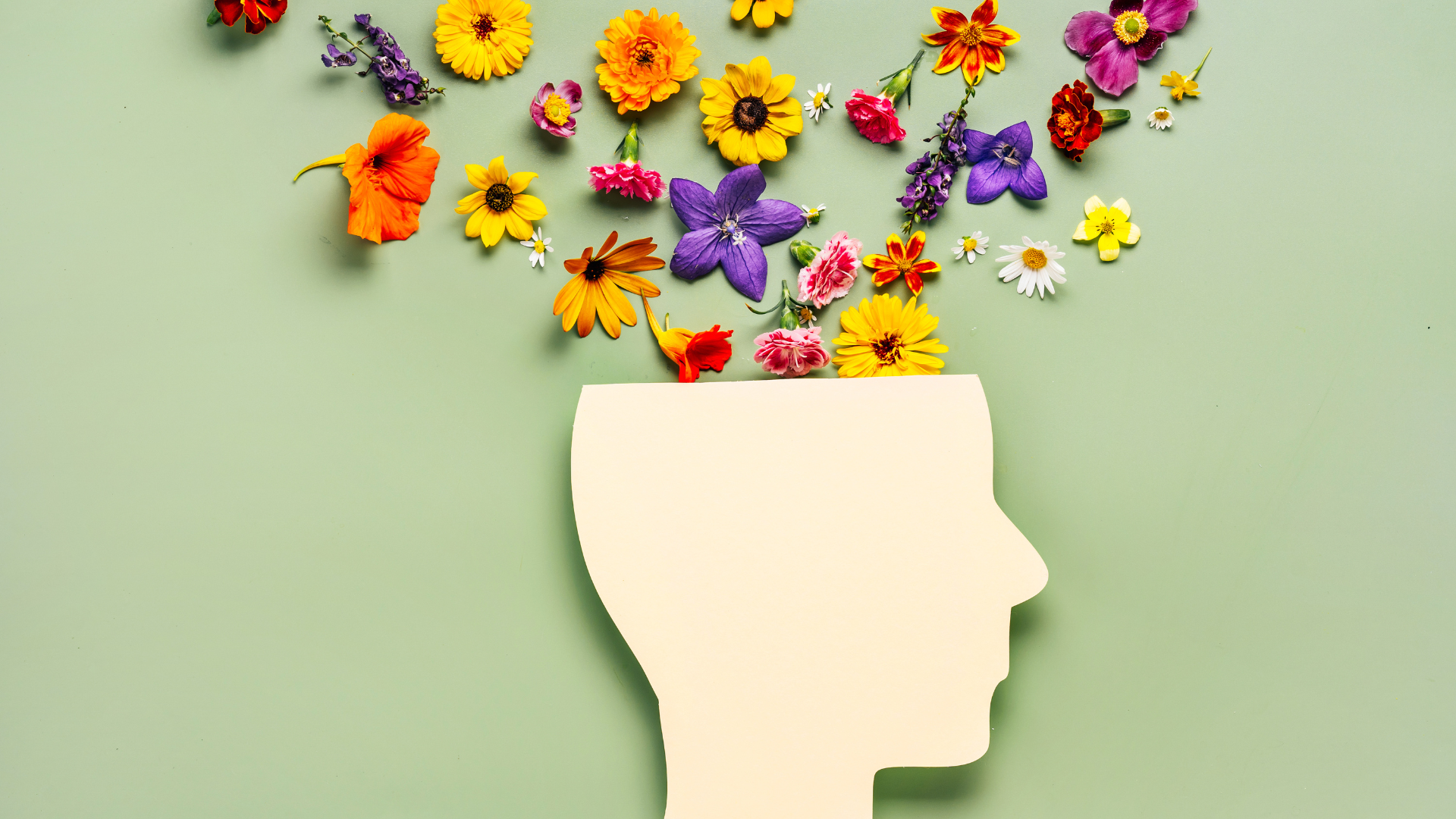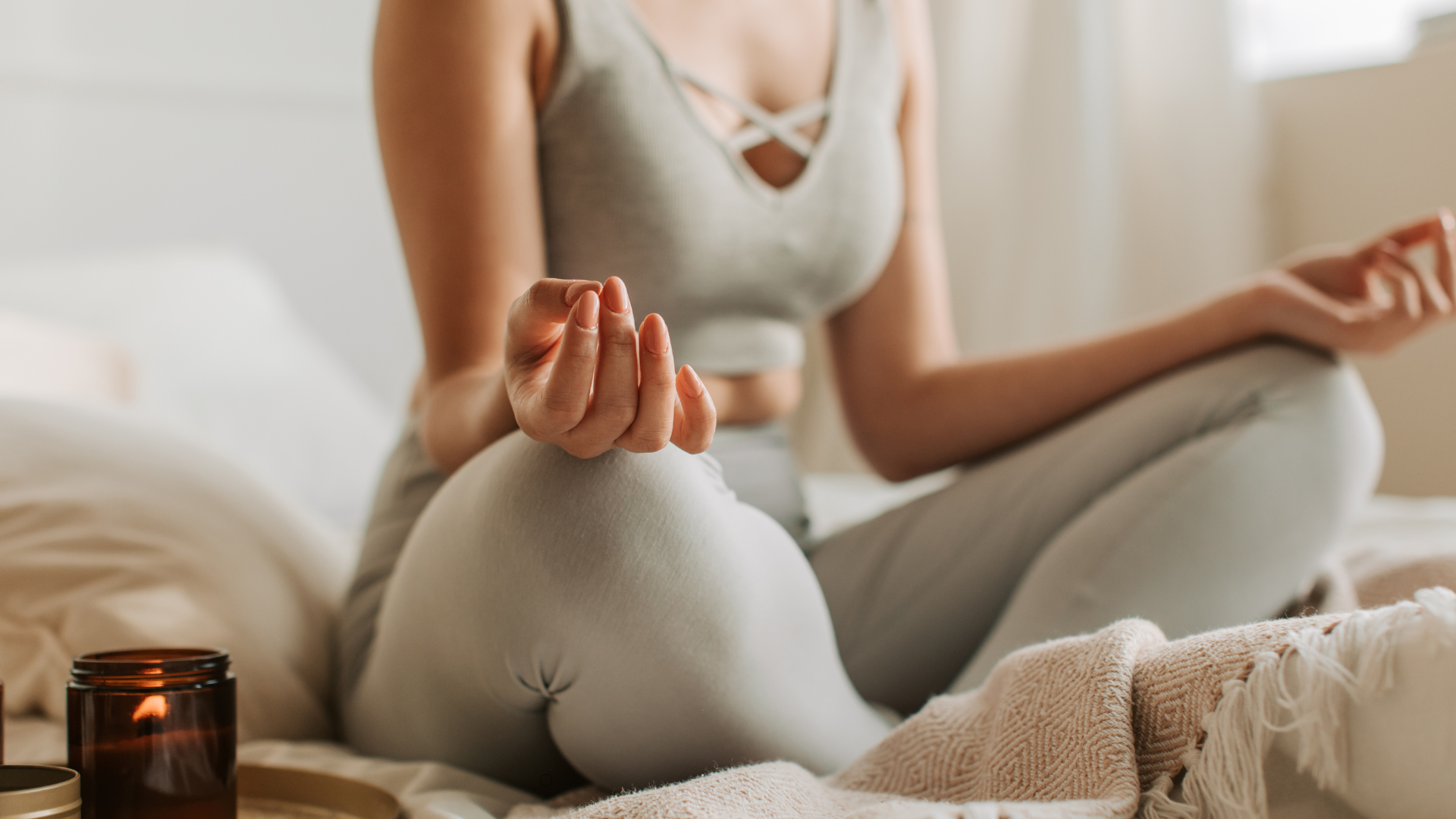Is PMDD a Mental or Gynecologic Disorder?

The short answer is PMDD can be both.
Premenstrual dysphoric disorder (PMDD) is a severe, sometimes disabling and chronic health problem that is similar to premenstrual syndrome (PMS) but is more serious Symptoms can be so severe that it affects one's ability to function at home, work and in relationships.
PMDD is associated with both mood and behavioral symptoms (mental health) and physical symptoms provoked by changes in estrogen and progesterone levels (gynecologic) usually occurring during the second half of the menstrual cycle also known as the luteal phase. Symptoms usually resolve once menstruation starts or a few days thereafter. Symptoms include extreme sadness, hopelessness, irritability, or anger, plus common premenstrual syndrome symptoms such as breast tenderness and bloating.
What causes PMDD?
The exact cause of PMDD is not yet known. Researchers think it may be an abnormal brain sensitivity to normal fluctuations in the ovarian hormones of estrogen and progesterone that happen with each menstrual cycle. These hormonal changes are assumed to affect and result in a decrease in serotonin levels. Serotonin is a substance found naturally in the brain and intestines whose function among other things is to regulate mood, hunger and sleep, may also play a role in symptoms of PMDD. Serotonin levels, like hormone levels, change throughout your menstrual cycle.
How is PMDD Diagnosed?
There is currently no specific test to help with the diagnosis of PMDD. Diagnosis are usually made from careful diary recording of symptoms over a two month period that shows presence of symptoms including:
-
5 or more of the following symptoms occurring over the course of the year during the period around menstruation:
-
Depressed mood
-
Anger or irritability
-
Trouble concentrating
-
Lack of interest in activities once enjoyed
-
Moodiness
-
Increased appetite
-
Insomnia or the need for more sleep
-
Feeling overwhelmed or out of control
-
Other physical symptoms, the most common being belly bloating, breast tenderness, and headache
-
-
Symptoms that disturb your ability to function in social, work, or other situations
-
Symptoms that are not related to, or exaggerated by, another medical condition
How is PMDD Treated?
Current treatment guidelines include:
-
Lifestyle changes
-
Diet: Plant based preferred, decrease refined sugar, alcohol, sweet drinks and in some cases dairy products
-
Exercise: Increase exercise. This helps increase endorphins and therefore decrease symptoms of depression
-
Stress reduction
-
Medications such as SSRIs and contraceptive
-
Psychotherapy and other complementary therapies like psychotherapy and acupuncture.




